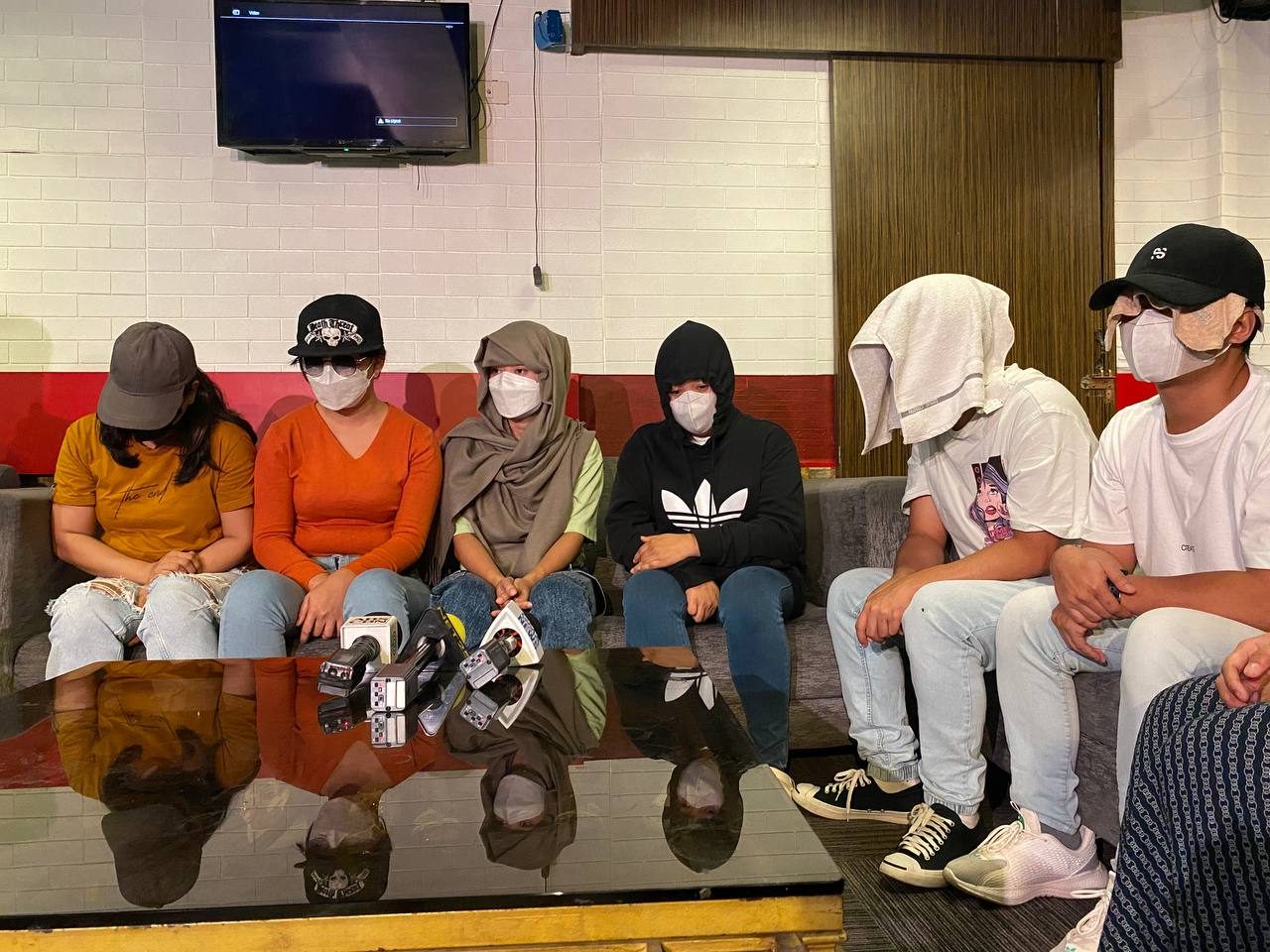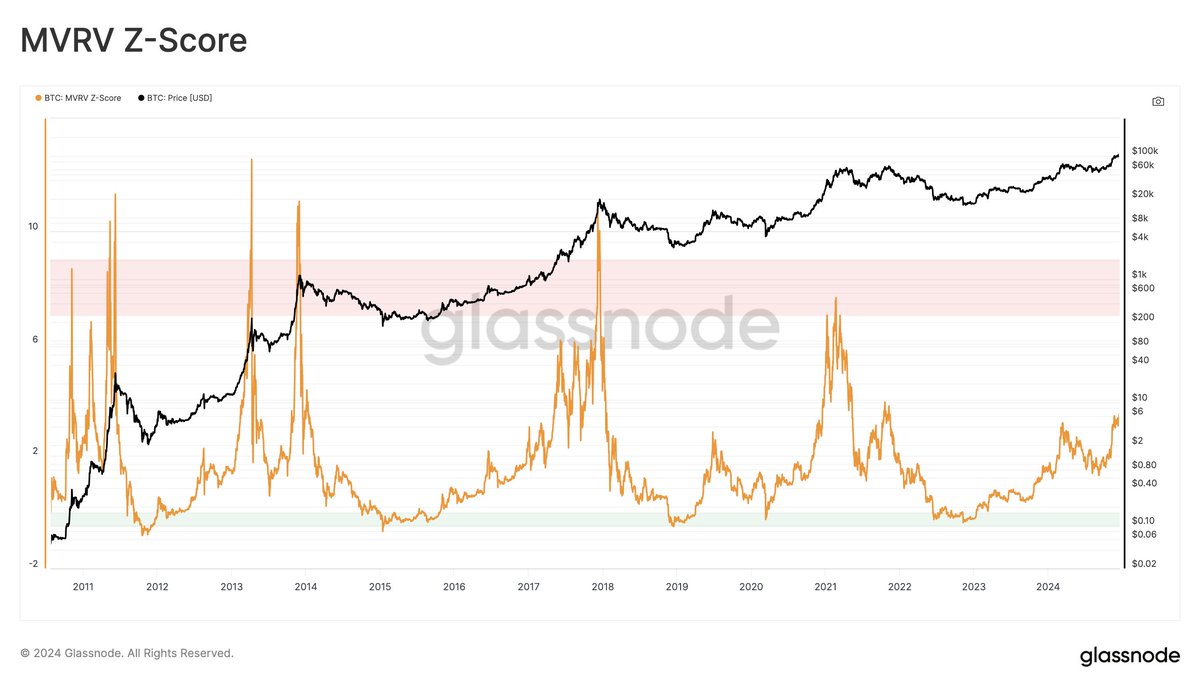MANILA, Philippines – Some recently repatriated Filipinos, who were trafficked to work in a cryptocurrency scam in Myanmar, are set to sue the recruiter who facilitated their hiring process from the Philippines, according to the Philippine embassy’s police attaché in Thailand.
A group of six Filipinos, who were duped into working for a cryptocurrency scam for five to six months, were flown back to Manila from Bangkok on Thursday evening, May 11. Three of them are set on filing a case against a certain “Jaylo Ramos,” who facilitated acquiring plane tickets and briefed them before flying out, according to an exclusive Inquirer.net report.
“Magpa-file sila ng case, pero diyan ang investigation. Kasi ang mangyayari, very complicated tayo: ang recruitment nangyari sa Pilipinas, dumaan sila sa Thailand as transit point, at ang work nila is Myanmar. So dapat ang filing ng case is sa Myanmar. Eh ang Myanmar, walang [stable] government,” police attaché Colonel Dominador Matalang told Rappler from Thailand.
(They will file a case, but the investigation will be conducted there, because the situation is very complicated: the recruitment happened in the Philippines, they went through Thailand as a transit point, and then they worked in Myanmar. So, ideally, the case should be filed in Myanmar, but Myanmar does not have a stable government.)
Matalang also said it would be difficult to file a case against the allegedly Chinese employers, since they did not have real full names of the would-be accused. He added that it would be difficult to rely on Burmese authorities to verify the owners of the companies they worked at.
A Burmese investigation would also require the trafficked survivors to stay in Myanmar for “three to five months,” according to Matalang. But the Filipinos just wanted to go home.
In a Malacañang briefing on Friday, May 12, Kerstien del Rosario of the Philippine Inter-Agency Council Against Trafficking said that the council was working with the Philippine National Police Women and Children Protection Center (WCPC) to document the survivors’ statements for the case build-up.
“Right now we’re coordinating with the WCPC and the victims to get their statements to make sure that their statements can be filed accordingly with the prosecution,” said Del Rosario.
Matalang said that there were an estimated 150 Filipinos still working in cryptocurrency scams in Myanmar. The number was drawn from the 93 Filipinos they had rescued so far who gave estimates of how many Filipinos worked in their companies.
The police attaché requested the public who have relatives in Myanmar who may be recruited into the scam operations to report their names to the Department of Foreign Affairs, or even to their local police, who would relay the message, so that Philippine authorities in Thailand and Myanmar can identify them.
The group of six who flew home – four women and two men – was initially a group of 10 who sought help from Philippine authorities, but four of them stayed behind. Winston John Casio, director of the Presidential Anti-Organized Crime Commission, said in the Friday briefing that the four “became scared” and withdrew their request to be rescued.
Casio said that the government was working with nongovernment organizations in facilitating the rescues, since it is “difficult” to negotiate with the military junta that has control over Myanmar. “There are many diplomatic implications, and we cannot go into that. That’s not part of our work. Our work is only to rescue.”
Demanded ransom
In the Inquirer.net report, the survivors described believing they were to work as “tech support” and “sales agents” in Thailand. The six appeared in the Malacañang briefing on Friday, where one of them said recruitment happened on Facebook or on Telegram groups marketing themselves as vacancy hirings for Philippine offshore gaming operators. They entered Thailand legally as tourists and were taken by van to their workplace across the Moei River, which divides Thailand and Myanmar.
Since November 2022, the Senate has held hearings to investigate the rise of Filipinos being trafficked to work in cryptocurrency scams in different Southeast Asian countries, including Myanmar and Cambodia. The six who were recently flown home had similar stories to the survivors who testified in the Senate: long working hours, lower pay than expected, and abusive working conditions. (EXPLAINER: How OFWs are trafficked into crypto scam operations)
“Wala pong way para makalabas dahil marami pong rehas na matataas tapos ilog na rin po talaga – ‘pag sumilip ka sa bintana, ilog na din po,” said one of the survivors on Friday. (There was no way to escape because there were high rails everywhere, and the building was beside a river.)
One of the survivors told Inquirer.net that their employer had agreed to let the workers resign after six months. But by that time, in late April, the employer reportedly demanded for the six workers to contact their families at home to cough up a ransom of P300,000 each. They also attested to being locked in rooms without food for days. By then, they had already contacted Matalang, whose contact number was given to them by someone who had been able to escape earlier.
“‘Tinali po kami nila ng [wire], nakatayo lang po, 24 hours, hindi puwedeng umupo. Walang kain, wala din pong tulog. Then every day po silang pumapasok, may dala-dalang tubo po tapos doon po, na habang pinapalo po kami, kumukuha sila ng videos po sa amin,” one said in the Malacañang briefing.
(They tied us up with wire, and we stood for 24 hours and could not sit down. We could not eat or sleep. Then, every day they would come inside carrying tubes, and while they battered us, they took videos of us too.)
Only three of the six were able to pay the full ransom. One said that her family sunk in debt just to pay. On top of the ransom, they had to pay 18,000 baht (P29,700) each for “immigration,” Matalang said. This meant their transfer from Myanmar to Mae Sot, a border town on the side of Thailand.
With the help of a Filipino pastor, Matalang and other embassy officials met the group of six at a hotel in Mae Sot on Saturday, May 6.
“Doon namin nakita ‘yung parang naging emosyon na parang mga anak natin, or mga kapatid natin [na] nagsusumbong, sabay-sabay magsalita, na gusto isumbong kung ano nangyari sa kanila…. Then ‘yun, actually marami silang pasa sa katawan,” said Matalang.
(That’s where we saw how emotional the the group was, like they were our children or siblings telling on someone, they were speaking at the same time, telling us what happened to them…. And they actually had a lot of bruises on their bodies.)
Casio said that the commission is coordinating with telcos and Meta to create a task force against cybercrime.
“The relevant crimes here are cyber-related, so the executive secretary, through our executive director, capacitated us to basically go after them,” Casio said in a mix of English and Filipino.
The Senate also found that there were cryptocurrency scam hubs in the Philippines as well, not just in Myanmar and Cambodia.
– with reports from Bea Cupin/Rappler.com
1 THB = 1.65 PHP
Credit: Source link















































